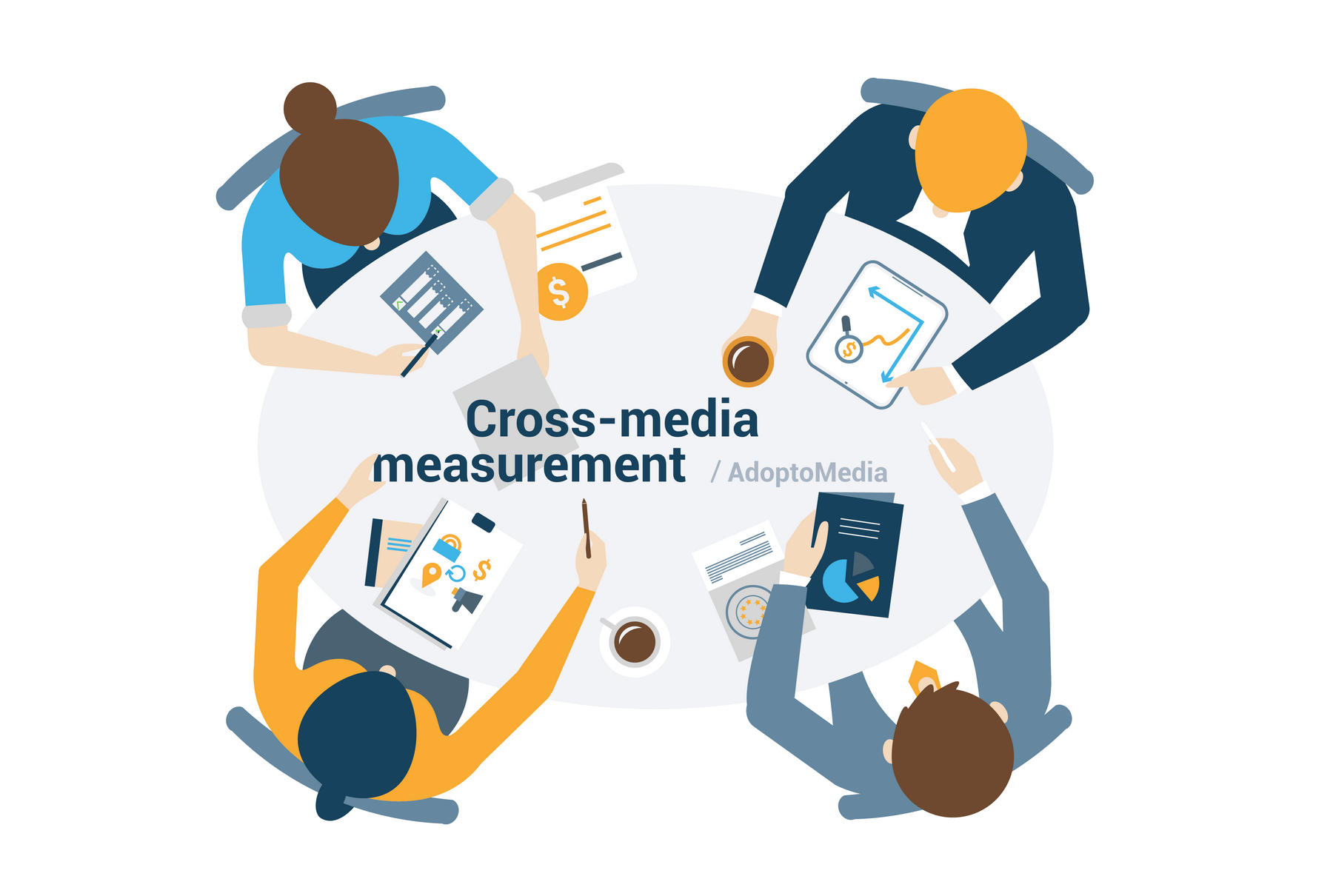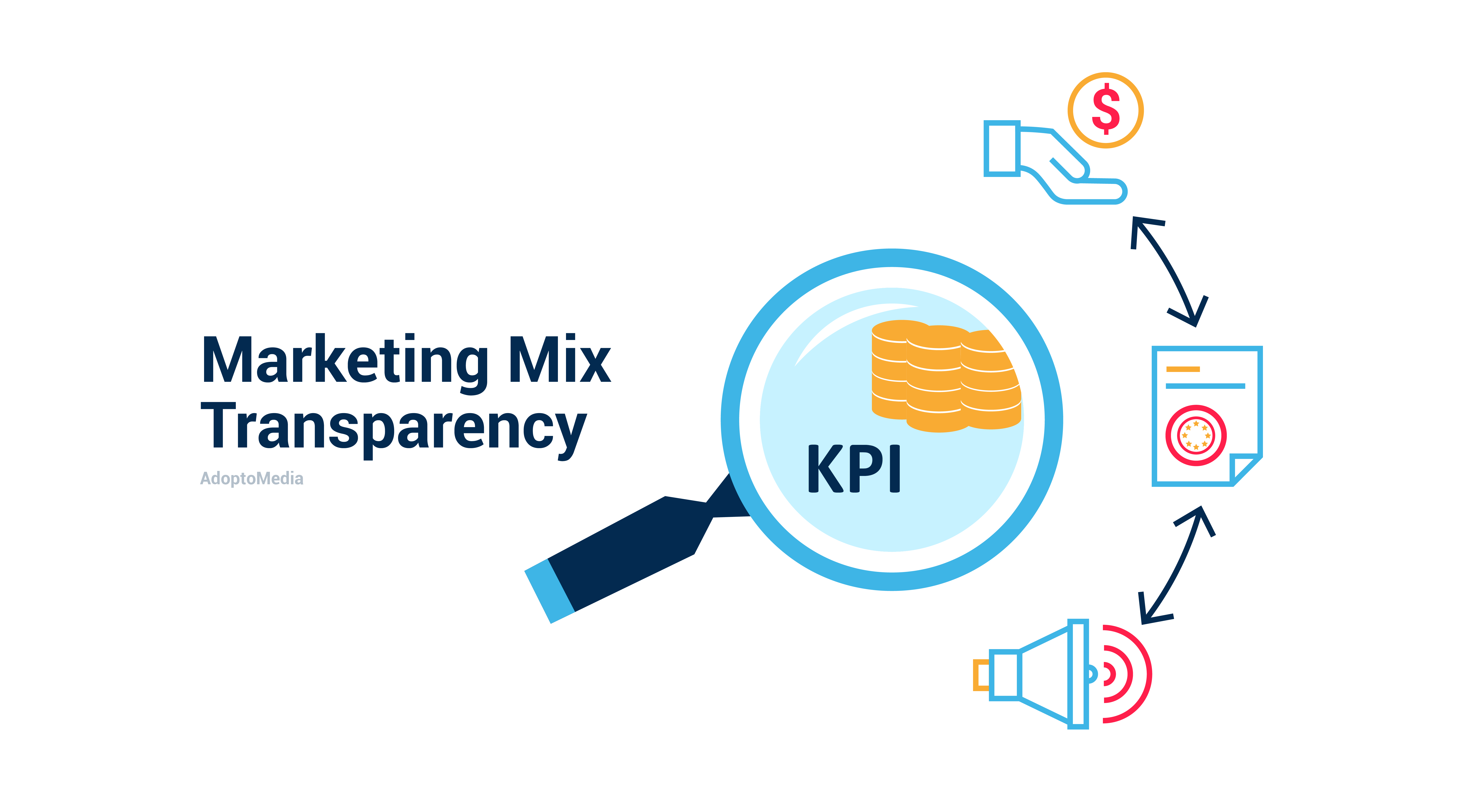Tag: Marketing accountability
Why cutting marketing spends during a downturn is not the most reasonable solution and how marketers can negotiate and justify the necessary investments when the company is trying to save money. In this article you will learn about four tips on managing marketing spends during a slowdown more efficiently. Since during crises and downturns budgets are especially strictly controlled as companies try to save resources, marketers find themselves under even more pressure to communicate the value of their investment decisions. Simply reducing media spends will not do because in the long term it will negatively affect brand equity and future sales. Here we will discuss some advice from a recent McKinsey article that can be useful for weathering challenging periods like we are currently going through. The Covid-19 pandemic has dramatically changed the market conditions and consumer behaviour, that’s why companies need to take prompt actions to stay competitive and secure future growth. If you use Marketing Mix Modelling to evaluate marketing performance, you need to adjust your models so that they would account for Covid-19 factor. We will also tell you how our solution helps to optimize budgeting and give the best performance with limited and fixed funds. Since… Read more »

In September 2020, the World Federation of Advertisers revealed a new cross-media measurement proposal framework developed in partnership with major digital platforms. In this article you will learn what requirements a new solution has to meet and how AdoptoMedia can benefit advertisers on this matter. We are trying to keep you updated on all marketing measurement trends, that’s why we prepared an article on the use of measurement tools after the phase-out of cookies and IDFA. Get ready to privacy changes and apply solutions that won’t be affected by the new conditions. See how MMM, MTA, brand studies and other approaches are going to function without third-party cookies. Over time with the appearance of new communication channels, media mix has become very complex. Today companies promote their goods and services through a wide range of digital and offline channels, which complicates marketers’ task of analyzing the effectiveness of advertising activities. WFA considers accurate evaluation of cross-media campaigns so important that in partnership with digital platforms, including Google and Facebook it worked for over 18 months to create a framework that should stimulate a new approach to measurement. Large advertisers, agencies and other members of the marketing ecosystem also contributed to… Read more »

The digital marketing spend is growing putting marketers under pressure to justify huge investments. And even with a variety of measurement techniques it’s not easy to find what really works, especially taking into account transparency issues. In this article we discuss new problems related to digital media and how to cope with them. An independent government department in the UK that promotes competition and consumer law – Competition and Markets Authority’s (CMA) – carried out an investigation of digital advertising sphere as a part of the new strategy designed to better handle quickly growing digital economy. In July 2019, they started looking into operations of online platforms, including the two biggest ones – Google and Facebook. The report voices concerns about transparency of the business, but before we go deeper in detail, let’s take a look back and see how we got to the current situation. It all started with the 2016 ANA/K2 Intelligence report on media transparency in the U.S., which was a true wake-up call for the advertising industry. The report revealed numerous non-transparent business practices like rebates in different agencies. The fact that they failed to act in the best interests of their clients severely shook the… Read more »

According to a joint research by In-House Agency Forum and Forrester, 64% of American corporations had an in-house agency in 2018 compared to 42% in 2008. The trend is becoming a reality even though it’s costly and challenging. In this article we investigate the benefits of building internal capabilities, functions better managed internally and ways to deal with widespread concerns and obstacles. It is quite obvious that large brands like Procter & Gamble, Ally Financial and Clorox wouldn’t set up internal marketing teams if it was useless. For example, P&G established its own agency in 2018 as a part of their new marketing strategy saving $750 mln. Apart from cost efficiency in-housing is also driven by the opportunity to gain greater brand insights, increase transparency and control over the creative. Another advantage of IHAs is they have the same goal with the brand and are more invested in successful outcome, which is not always the case with outside agencies. Sometimes they have conflicting interests and focus not on promoting the advertiser but on promoting themselves. It’s definitely not always the case, but happens occasionally. In-house teams better understand the business, know more about your products or services. They are insiders… Read more »

Transparency has been a burning issue since the 2016 scandal, but the industry is changing to solve any emerging challenges. Here you will learn what major factors contribute to this problem and how to address them effectively. In an April 2019 article, Forbes covers the issue of transparency and executive level visibility of marketing spend and offers advice on how to solve this problem. Since large companies worldwide invest more than $1 trillion annually into an increasing mix of marketing assets, media and technology, this money should be spent wisely and to the best advantage of the company. But you may be surprised at the fact that most CEOs and financial executives have too little visibility into this marketing spend, most of them don’t know how efficient the investments into sponsorship programs, digital media and technology are. It happens because finance and marketing departments currently don’t cooperate at the necessary level to improve tracking, classification and accounting for marketing spending. This lack of cooperation prevents companies from accurately measuring the efficiency of such investments. As a result CMOs are under pressure from their CEOs and have to spend additional billions of dollars to prove the value of marketing. Even though it’s necessary… Read more »






